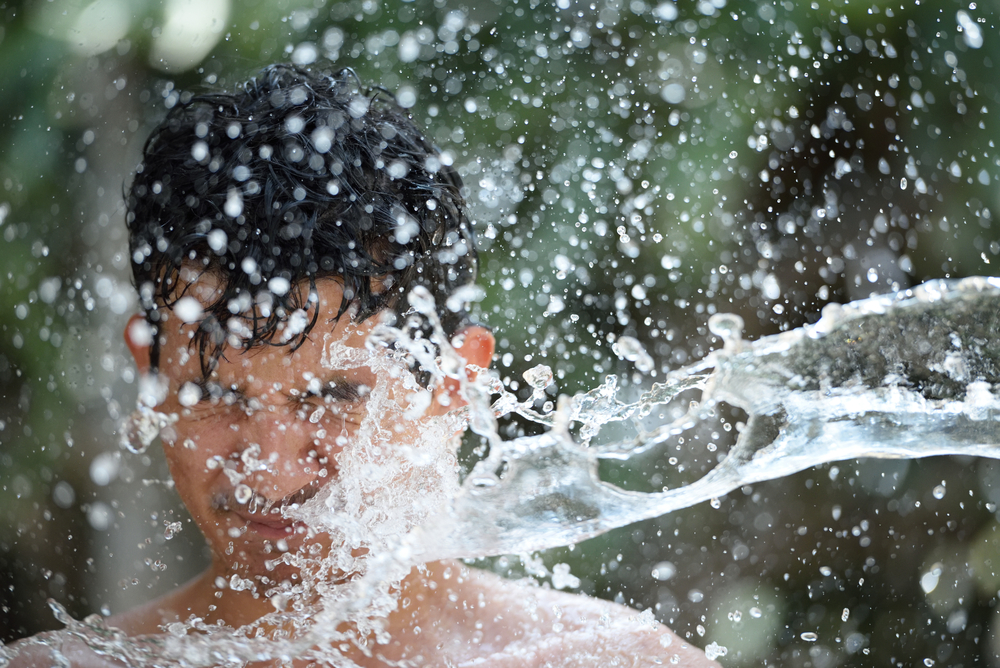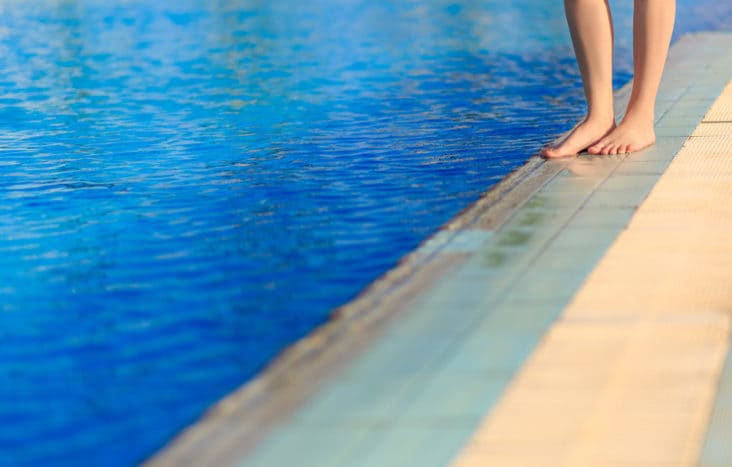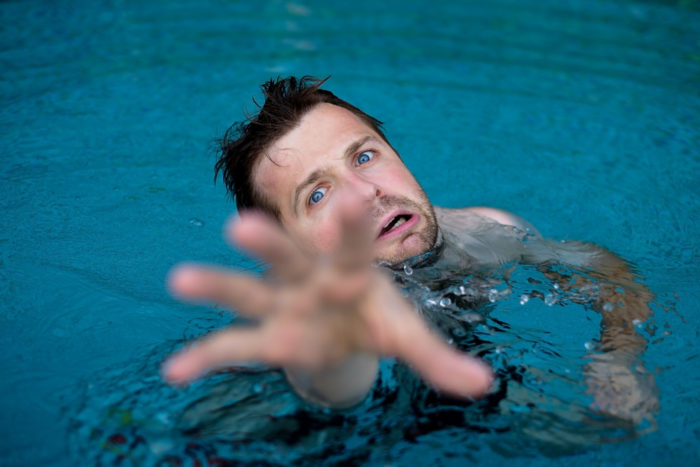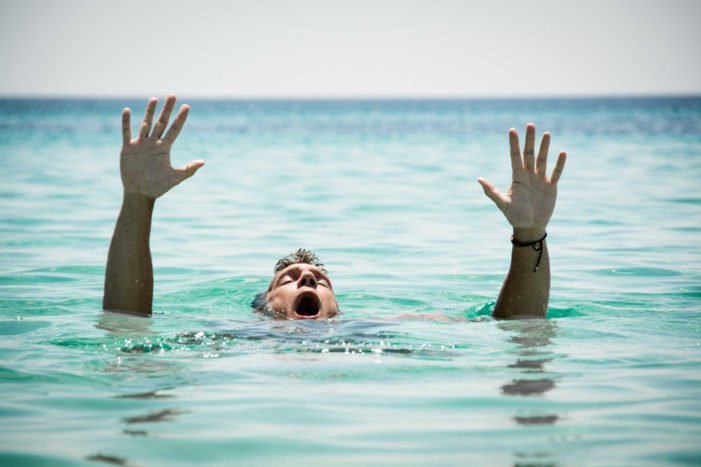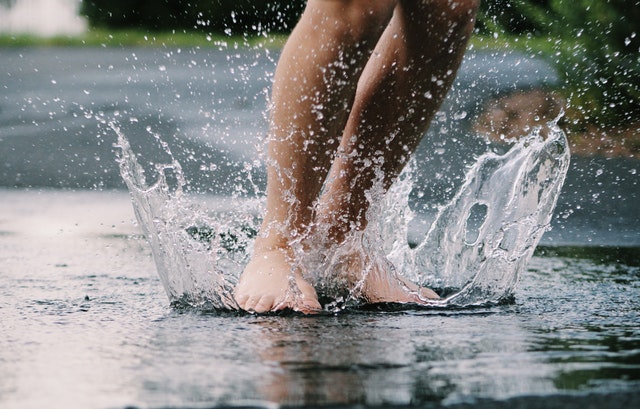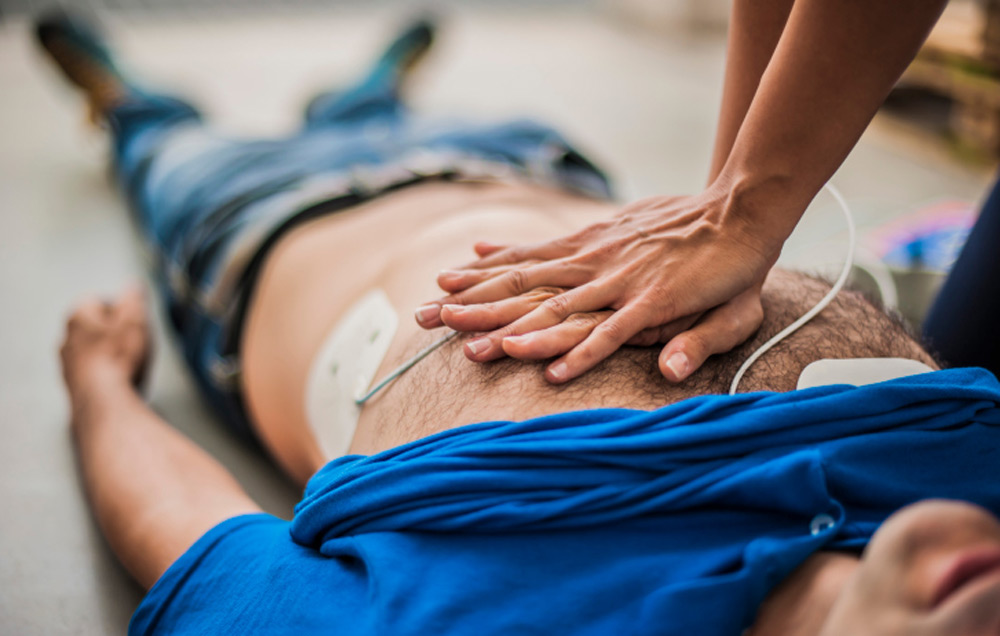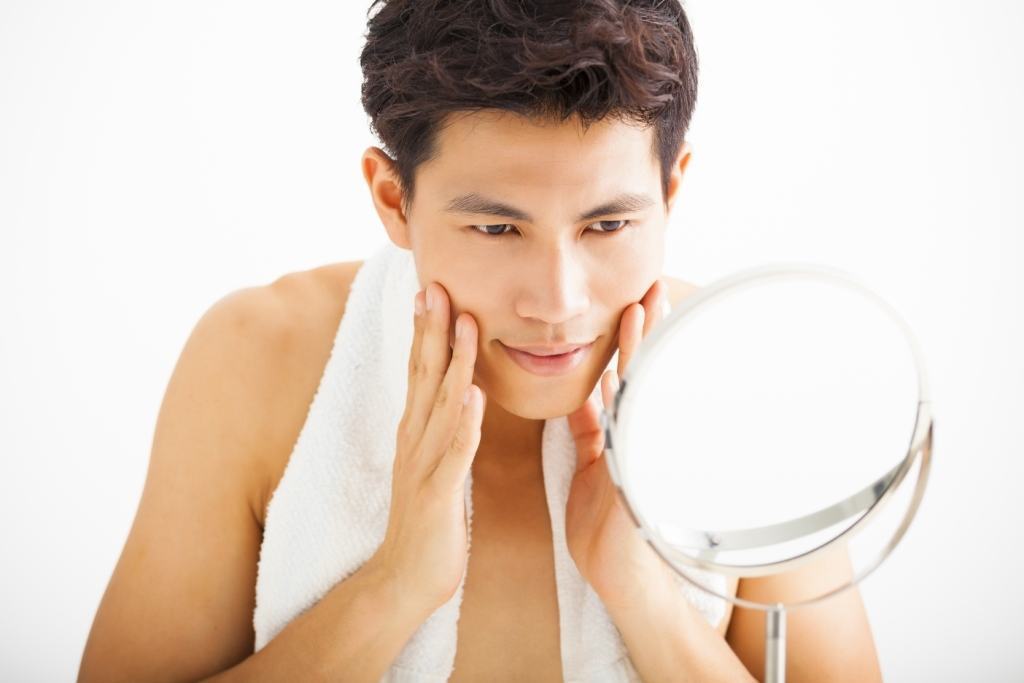Contents:
- Medical Video: How to Overcome the FEAR of WATER
- What is a water phobia?
- Various symptoms of water phobia
- Why can someone get a water phobia?
- Overcoming water phobias
Medical Video: How to Overcome the FEAR of WATER
Phobia is one of the extreme anxiety disorders that makes a person experience excessive fear of situations, living things, places, or certain objects. One type of phobia that is quite common is the water phobia (phobia water).
What is a water phobia?
Water phobia or what is also called aquaphobia is excessive and senseless fear of water. However, usually not everyone has the same type of fear.
Some people are only afraid of deep water or large waves, while others may be afraid when they see water collected in containers such as swimming pools or bathtubs. In addition, some people have aquaphobia maybe really afraid to get exposed to water even if you only see puddles on the street or splashed with water.
Various symptoms of water phobia
In people who have phobiawater, facing water creates its own fears. However, usually people have aquaphobia realizing this fear really doesn't make sense. Besides that, someone is experiencing phobia water will experience various common symptoms such as:
- Fear, anxiety, and excessive panic when imagining water.
- Excessive and unreasonable fear when exposed to water.
- Avoid water and all activities related to water.
- Sweating
- Heart palpitations.
- Chest tightness and difficulty breathing.
- Nausea.
- Dizziness or fainting.
Why can someone get a water phobia?
Quoted from Verywell Mind, the cause phobia The most common water is a bad experience to the trauma of water in the past. For example, you almost drowned, had a ship accident, and a series of other scary events related to water.
This condition can also occur due to a series of negative experiences that you experience and are related to water. In addition, there is some evidence that phobias can be inherited genetically. If there is a family history of phobias, you are also at risk for phobias.
Overcoming water phobias
Because aquaphobia included in specific phobia, generally there are two forms of psychotherapy commonly used, namely exposure therapy (exposure therapy) and cognitive behavioral therapy.
Exposure therapy (exposure therapy) done by continuing to provide the source of your fear, namely water. When you are given a water lure, the therapist will track your reactions, thoughts, feelings, and sensations to help manage anxiety. The therapist can tell you to fill the tub with water, and ask you to play on the beach.
While cognitive behavioral therapy aka CBT (cognitive behavioral therapy) is a therapy done by challenging your thoughts and beliefs about water. As you learn to challenge fear, you will find out how to overcome the mindset and belief in water that has made you so scared. This therapy also teaches you to control negative thoughts about water with far more positive thoughts and messages. It aims to learn new ways to overcome your fear.
In addition, the therapist will usually advise you to do home care by writing a journal, practicing yoga, or breathing exercises.
Doctors will also prescribe medications to treat various symptoms of anxiety and panic when you think about and are exposed to water. However, medicines are generally not given in long-term care but only at the beginning when you are still having difficulty controlling the symptoms.
All these therapies are done to make you feel more comfortable with water. Therefore, ask for expert help to manage water phobias. Because, with the help of the right therapist, your phobia can be managed and can even be overcome until you no longer relapse.

